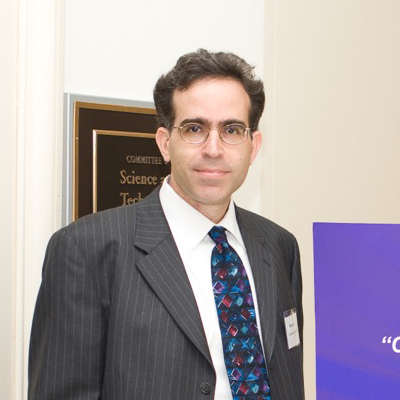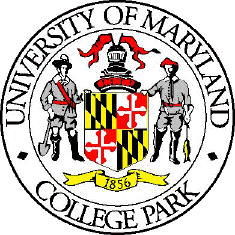Using mathematics to work towards a cure for cancer
According to the American Cancer Society data, 585,720 patients passed away in the U.S. in 2014 due to cancer. It is therefore no surprise that new models and therapies to help understand and treat cancer are necessary to improving the health and well-being of the American public and the global community. Dr. Doron Levy, of the University of Maryland, is driven by the promise that mathematics could aid in curing cancer. Using mathematical and quantitative tools to make sense of the mechanisms that control the dynamics of cancer, his research has novel insights upon the role of the immune response in controlling the progression of the disease. Bringing mathematics to cancer studies is a substantial step forward as it provides an understanding of the disease dynamics, reaching beyond the contemporary and experimental tools. Within cancer studies, Dr. Levy's research will allow researchers to develop a systematic method to phenotype cancer. Therefore, his approach is highly significant as it can potentially lead to the design of personalized therapy in the form of specific therapeutic strategies.
Dr. Levy's research within applied mathematics walks a unique balance between application and communicating with doctors and experimentalists that will eventually use his research to better inform their practice, conduct clinical trials, and guide therapies. As a Guggenheim Fellow, he has been recognized by his novel approach in which he allows doctors and experimentalists to truly drive his research with the hopes that his approach will lead him to the most meaningful conclusions for providers and their patients. In collaboration with researchers at the Carnegie Institution, Stanford University Medical School, University of Maryland Medical School in Baltimore, and National Cancer Institute, Dr. Levy's research is fundamental to the continued understanding of cancer treatment.
Current research includes:
-
Drug Resistance: Dr. Levy and his team are studying the dynamics of drug resistance in cancer.
-
Improving Therapy: Dr. Levy uses mathematical methods for improving the therapy of chronic myeloid leukemia patients.
-
Optimizing Combination Therapies: Dr. Levy uses mathematical methods for optimizing combination therapies for cancer such as immunotherapy and chemotherapy.
-
Ovarian and Breast Cancer: Dr. Levy is developing mathematical models for understanding the progression of ovarian cancer and breast cancer.
-
Immune Response: Dr. Levy and his team are developing mathematical models for understanding the dynamics of the immune response to various infections.
-
Vaccine Developments: Dr. Levy is using mathematical models for guiding vaccine developments for various diseases.
Bio
Dr. Doron Levy is a Professor of Mathematics and the Associate Chair for Undergraduate Studies at the University of Maryland, College Park. He has a joint position at the Department of Mathematics and at the Center for Scientific Computation and Mathematical Modeling (CSCAMM). He is also a member of the Maryland BioPhysics Program. Previously, he held positions at Stanford University, UC Berkeley, Lawrence Berkeley National Lab, the University of Paris 6, and at the Ecole Normale Superieure (ENS), Paris. In 2013, he was named a Distinguished Scholar-Teacher by the University of Maryland. In 2014, he was named a Fellow of the John Simon Guggenheim Memorial Foundation.
Dr. Doron Levy is a mathematician with training in applied mathematics and physics. He gradually started realizing that medicine is a discipline in which quantitative methods are needed and therefore, mathematics has the potential of making a huge impact. Therefore, bringing mathematics to medical sciences is the main goal of what he is currently doing.
In his free time, aside from research, Dr. Levy enjoys playing the piano and performing magic. An awards-winning magician, Dr. Levy is a member of the Academy of Magical Arts in Hollywood, California.
Website: http://www2.math.umd.edu/~dlevy/


